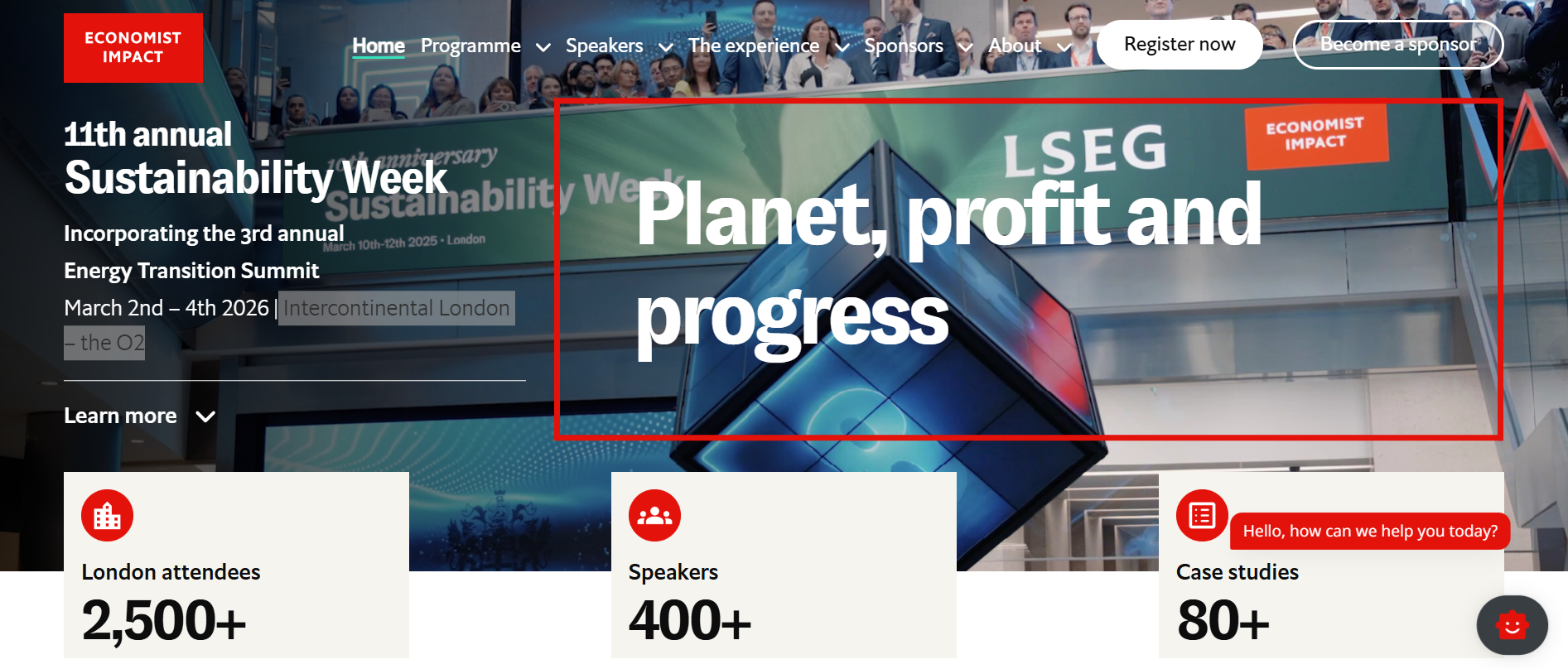
11th annual Sustainability Week – The Economist
Intercontinental London – the O2 London, United Kingdom11th annual Sustainability Week - The Economist

11th annual Sustainability Week - The Economist
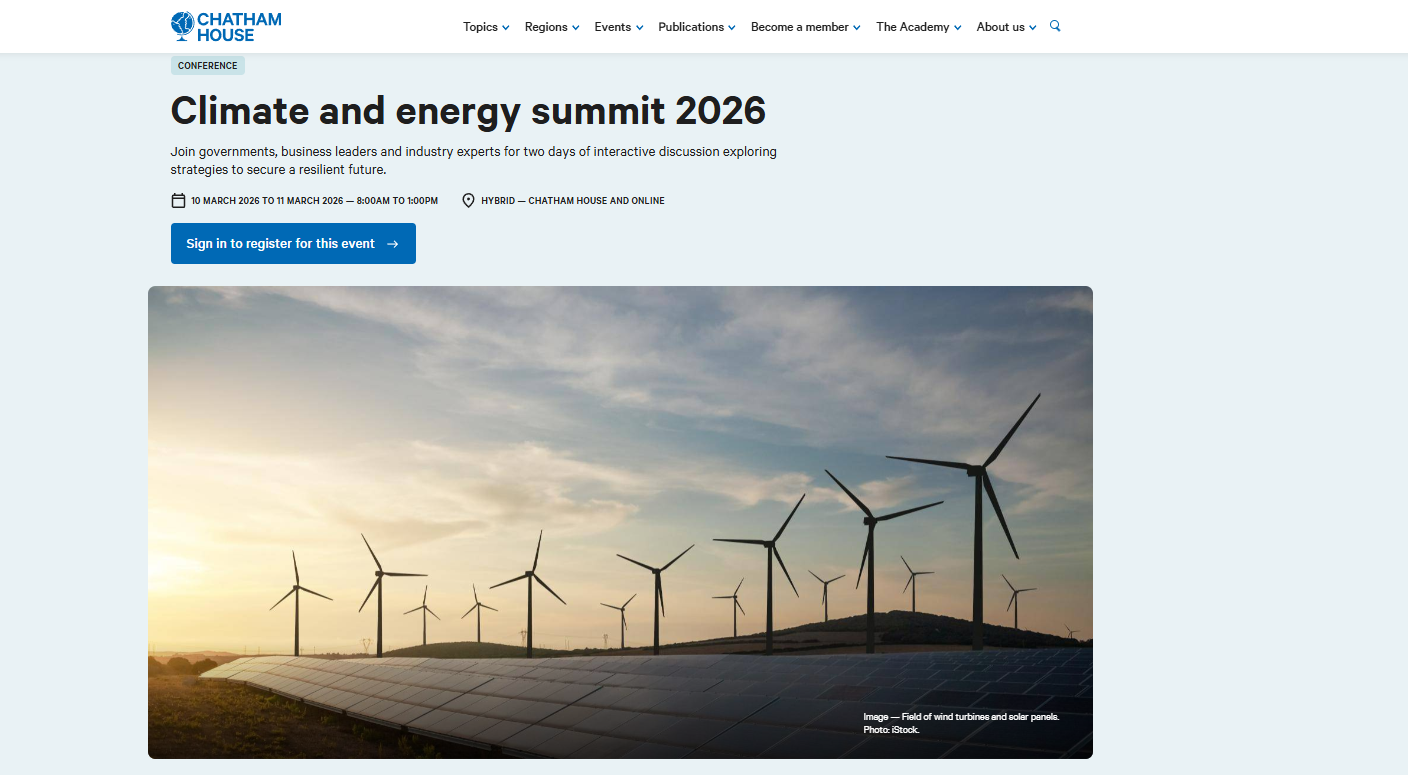
Two days of keynotes, panels, networking, and a Chatham House Rule workshop focused on multi-stakeholder collaboration to drive greater ambition, action, and impact.
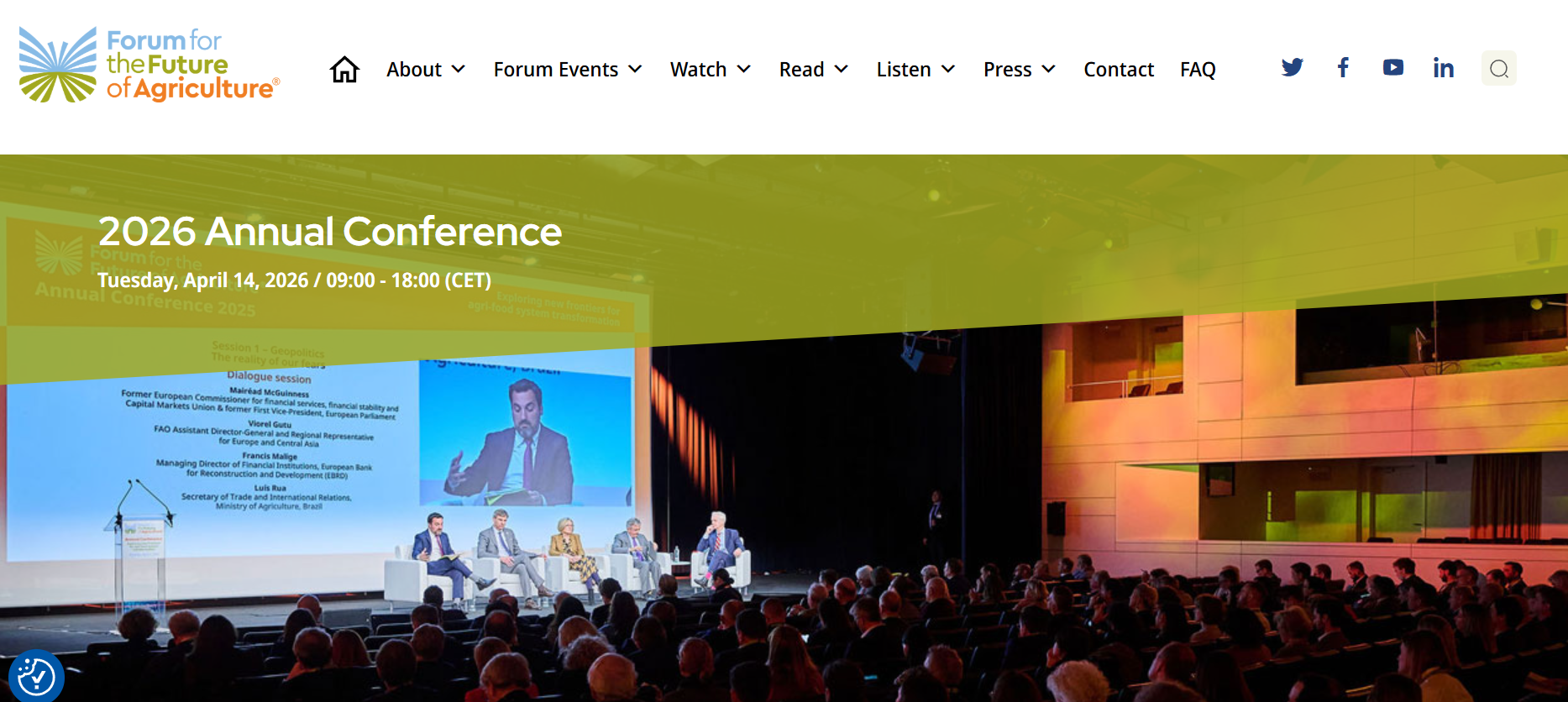
The 2026 Annual Conference will be held in Brussels and online, featuring panels, interactive sessions, networking, and exhibitions.
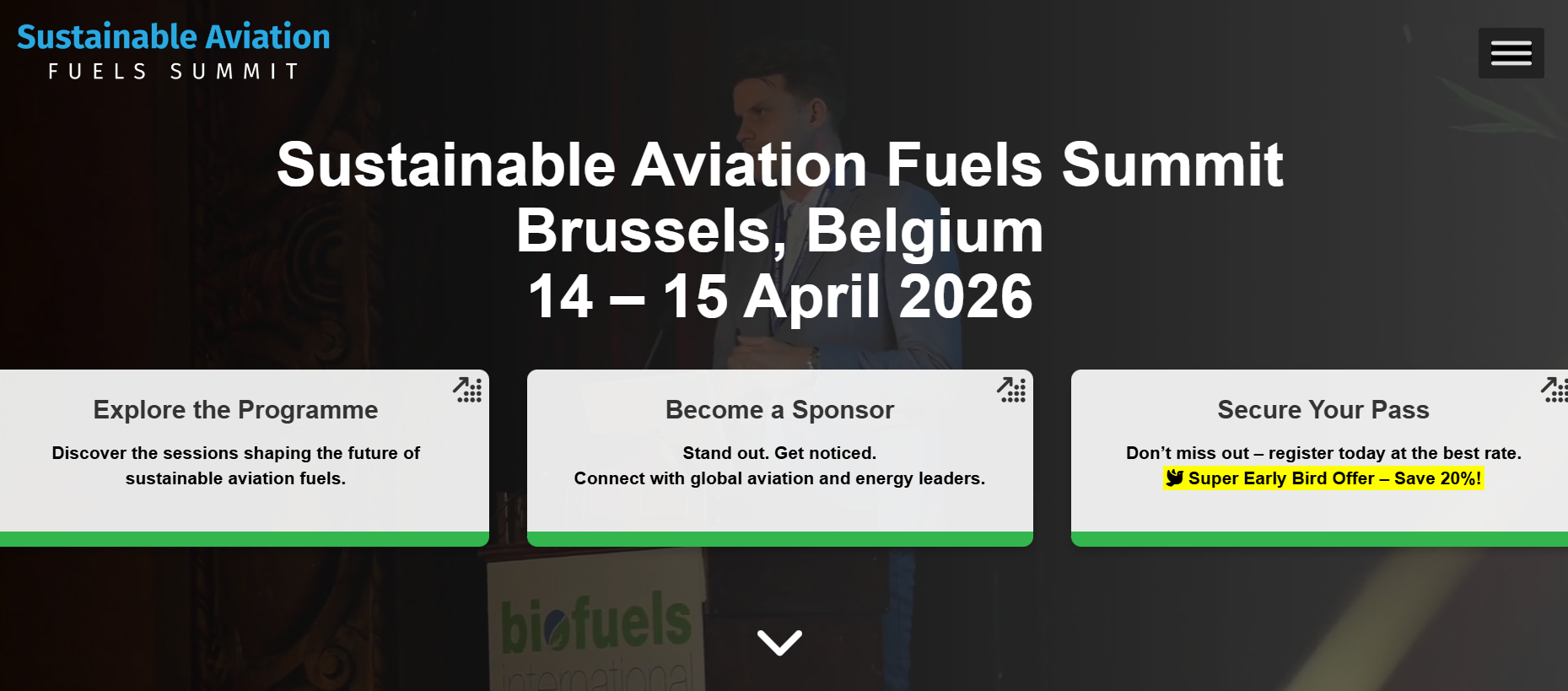
The Sustainable Aviation Fuels Summit 2026 is the premier European platform dedicated exclusively to the advancement of SAF.
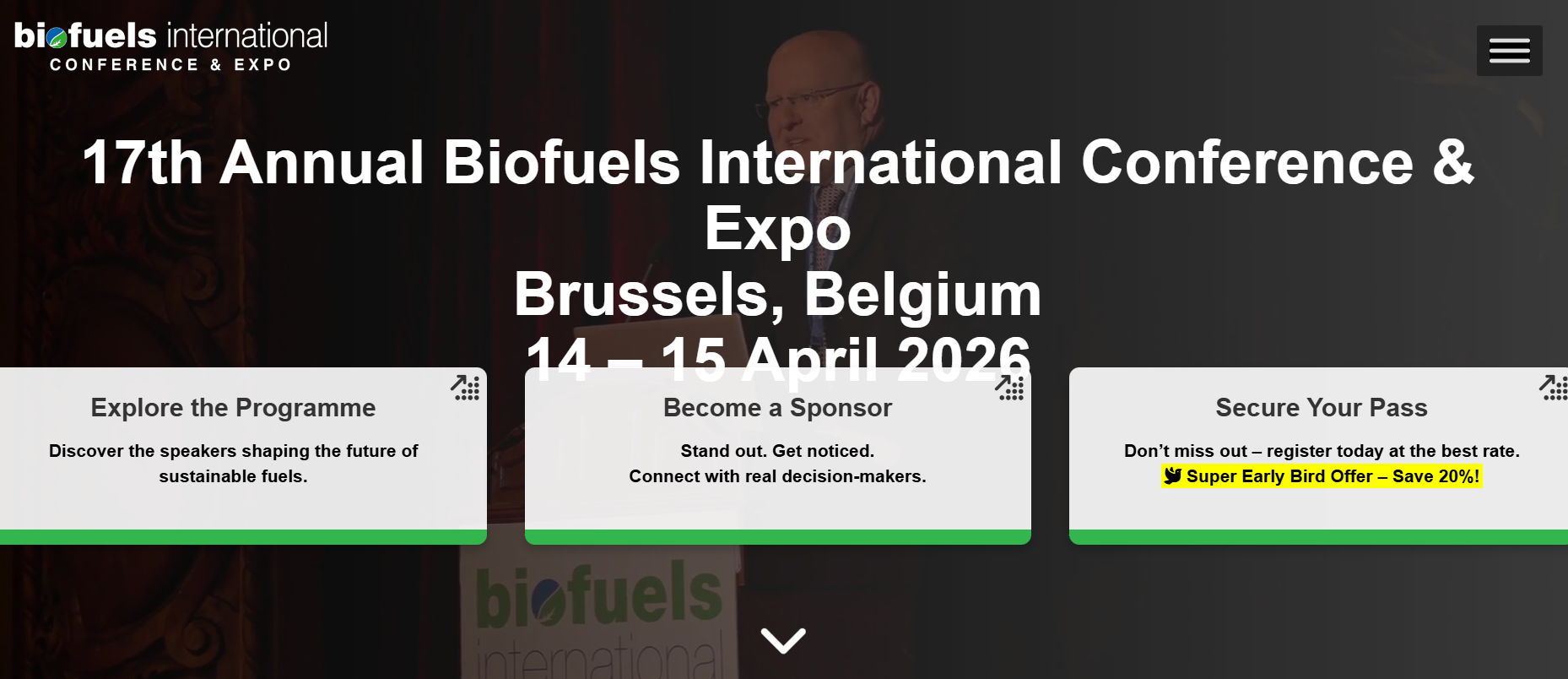
It brings together a global audience of producers, suppliers, regulators, and industry experts to discuss the latest trends, technologies, and policy developments shaping the future of biofuels.
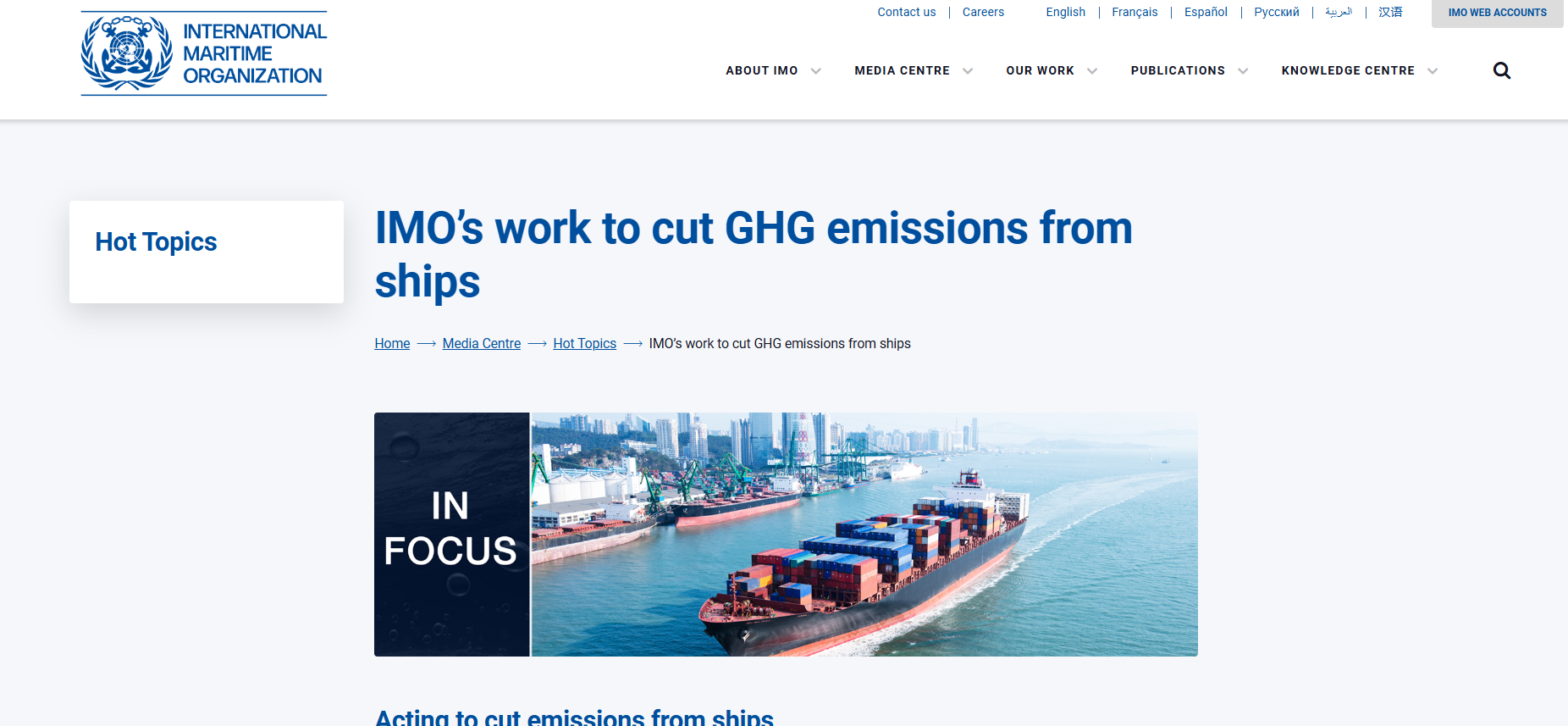
The Intersessional Working Group on Reduction of Greenhouse Gas (GHG) Emissions from Ships (ISWG-GHG 20) will meet for its 21st meeting.
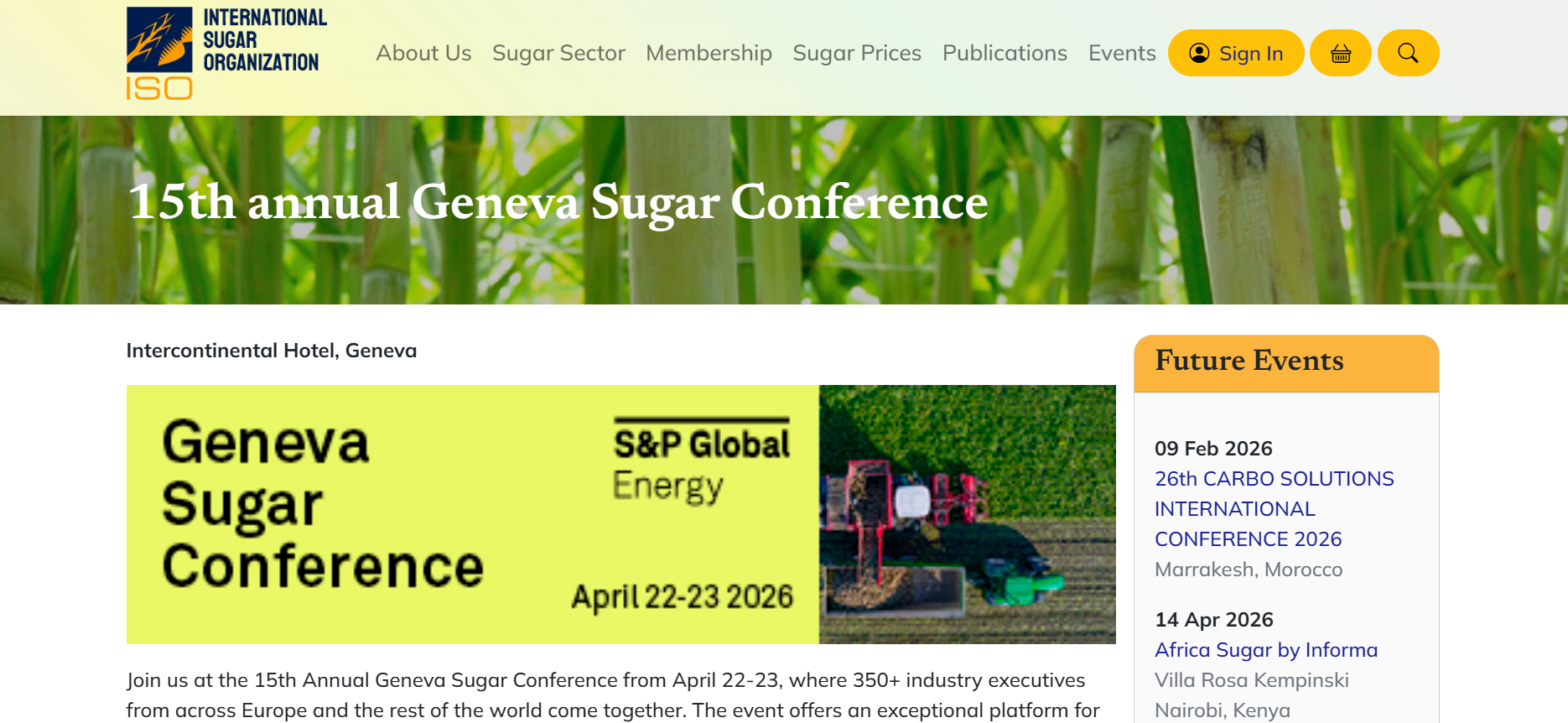
The event offers a platform for expert insights, engaging in practical discussions, and building connections with sugar producers, buyers, and traders.
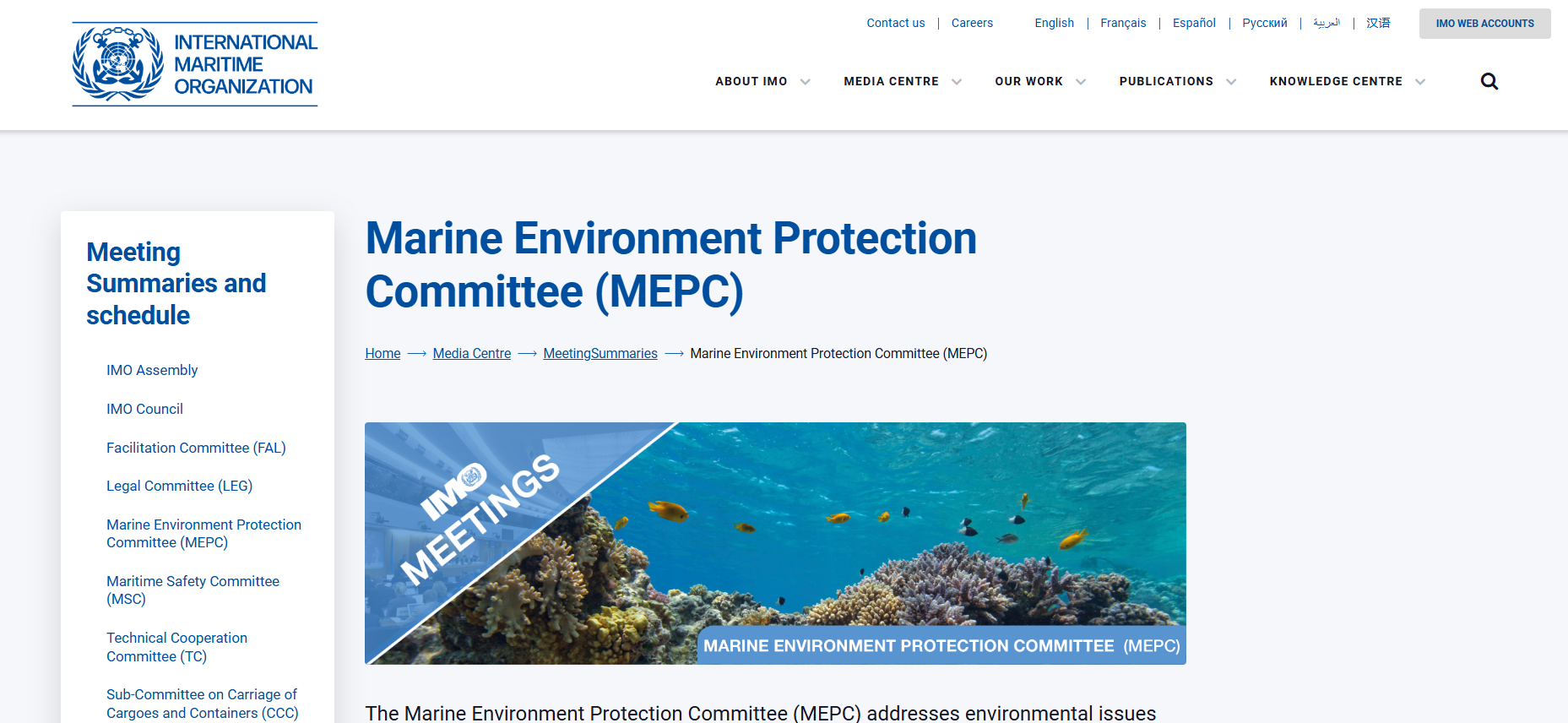
IMO MEPC 84 (27 April–1 May 2026, London) will focus on implementation rules for the shipping Net-Zero Framework. Discussions will also be directed to fuel standards, GHG pricing, and measures impacting the fuel and shipping sectors.

The ITF 2026 Summit on Funding Resilient Transport takes place from 6 to 8 May 2026 in Leipzig and it is held under the Presidency of Azerbaijan, with Czechia as the first Vice-President.
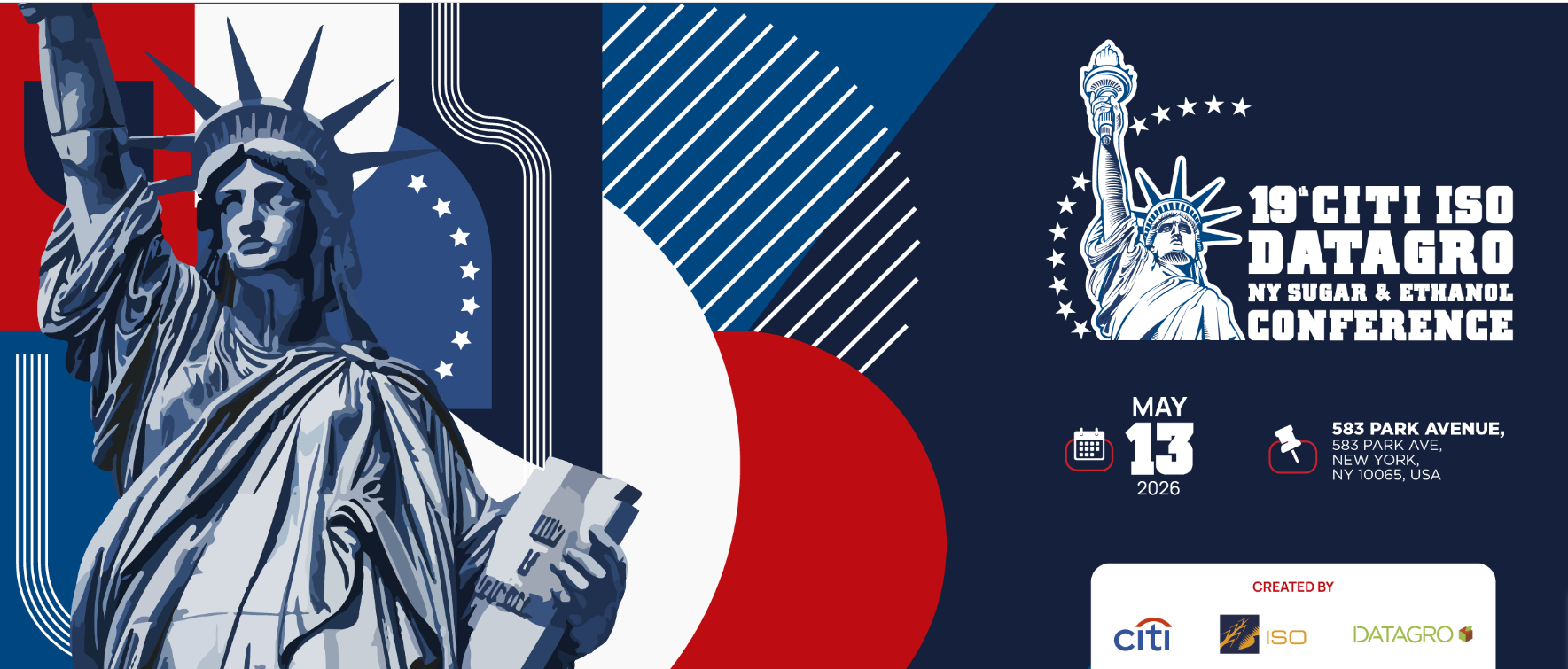
CITI ISO DATAGRO NY Sugar & Ethanol Conference enters its 19th edition as the official technical event of the NY Sugar Week.
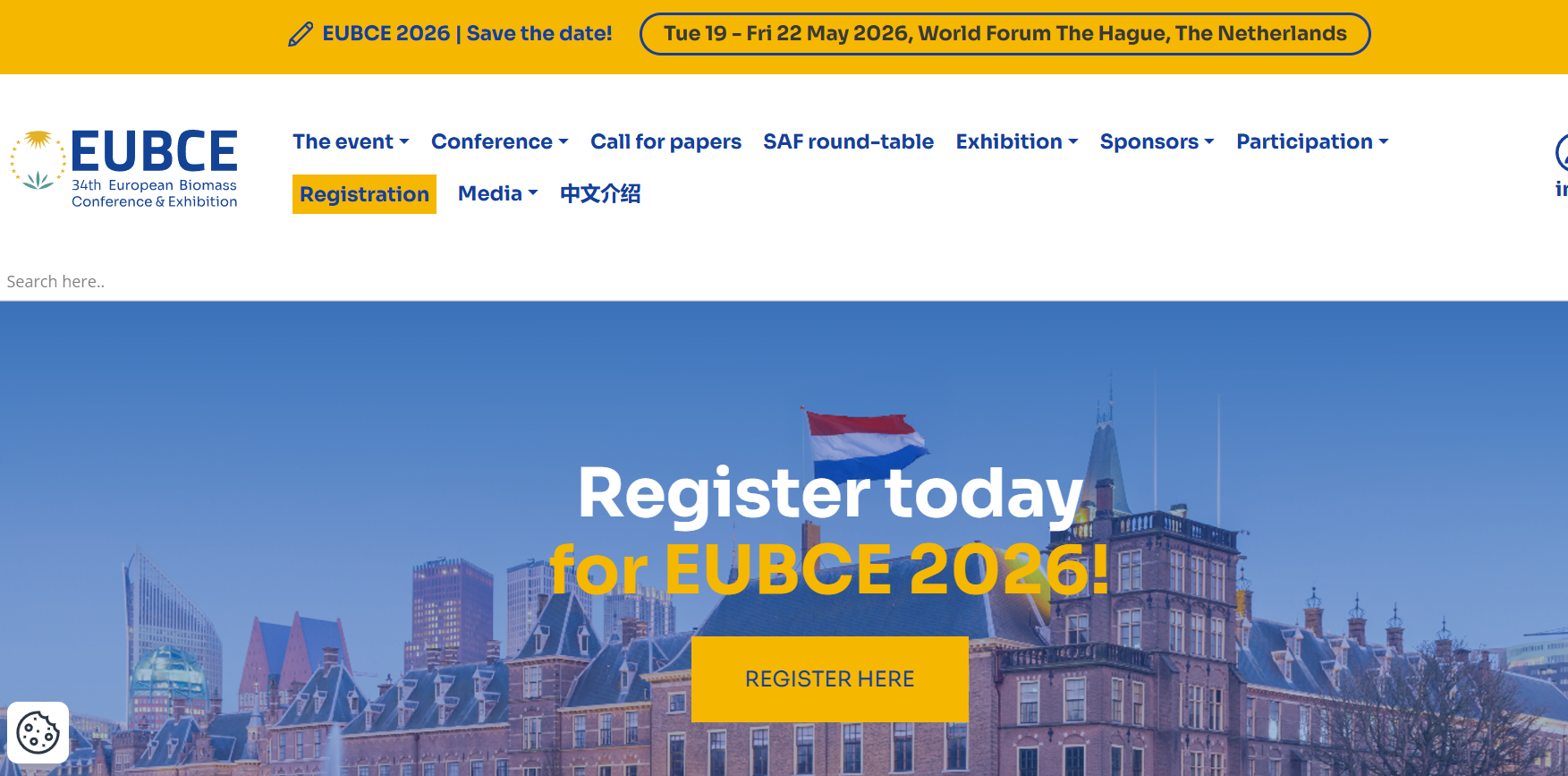
EUBCE 2026 will bring together academia, industry, and policymaking across over 60 countries to explore the latest developments in biomass, bioenergy and the circular bioeconomy.
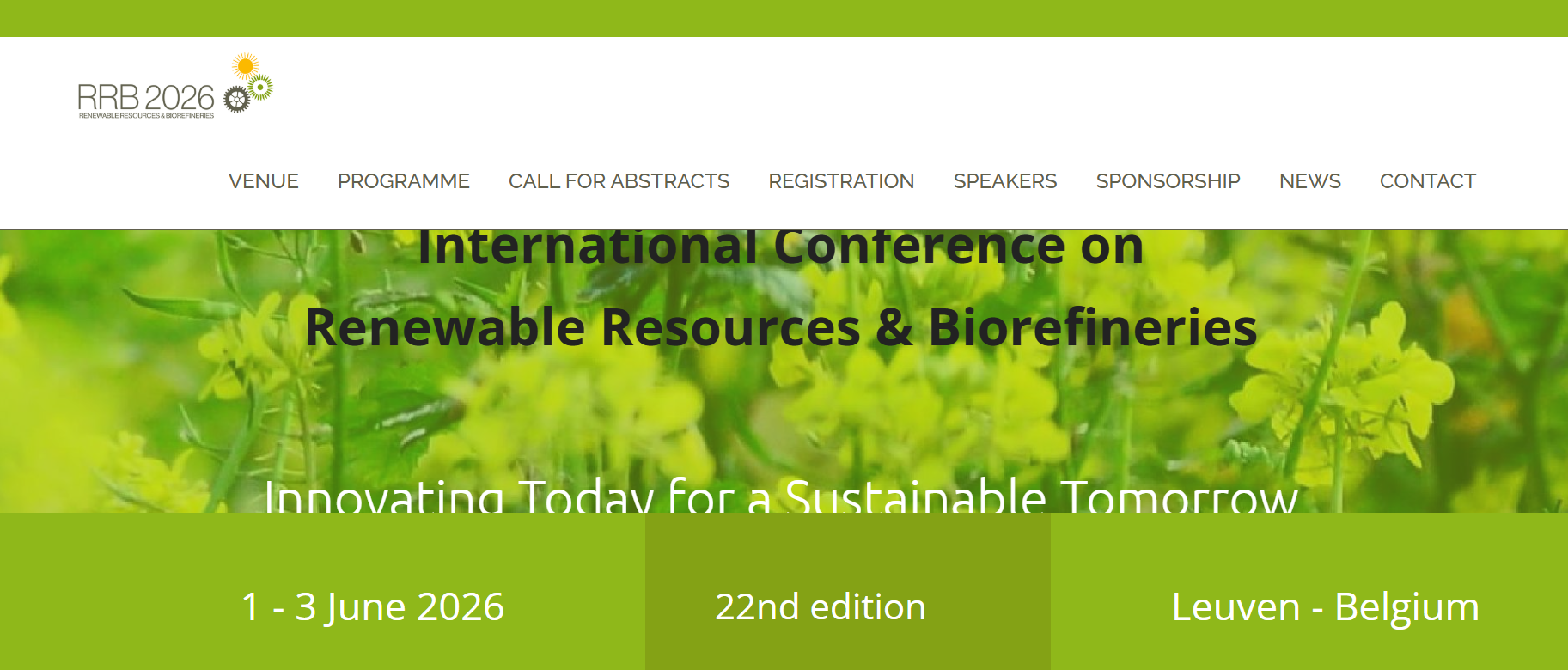
The 22nd edition of the International Conference on Renewable Resources & Biorefineries will take place in Leuven.